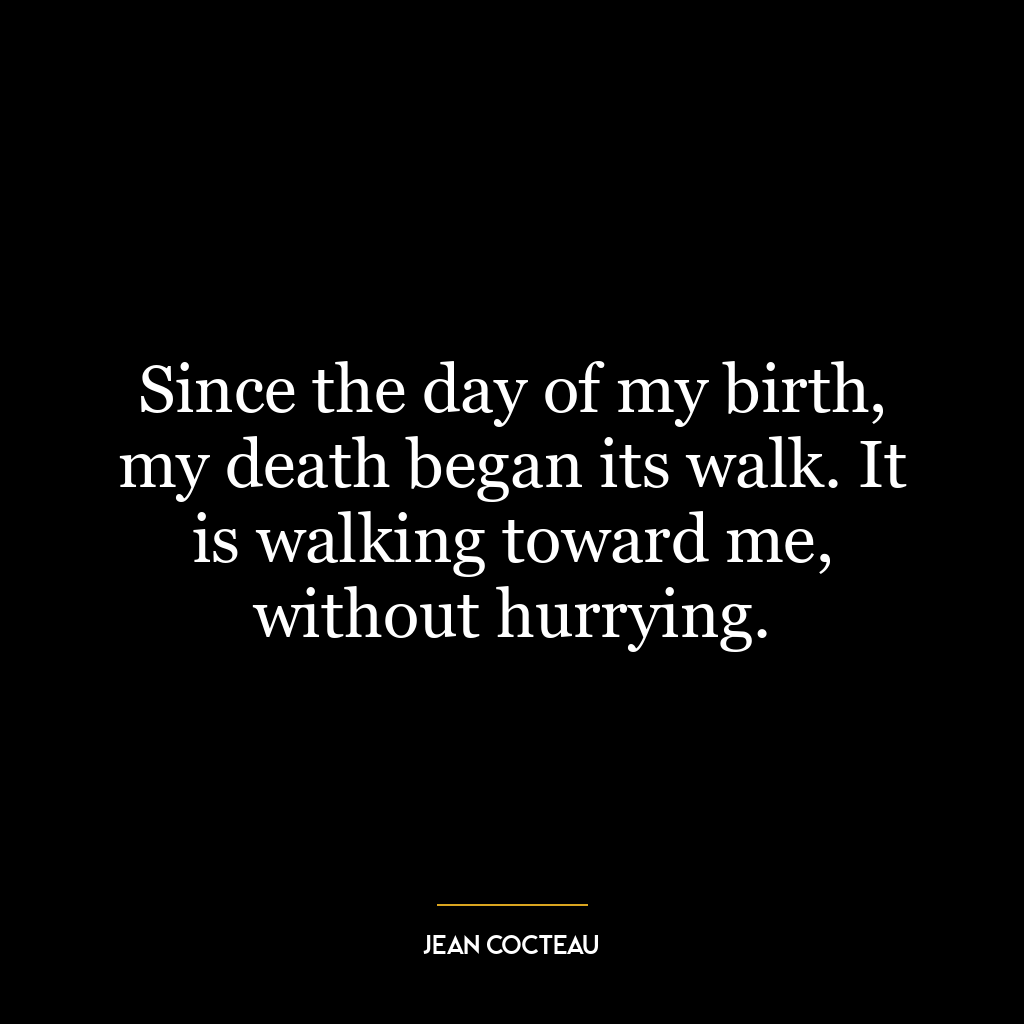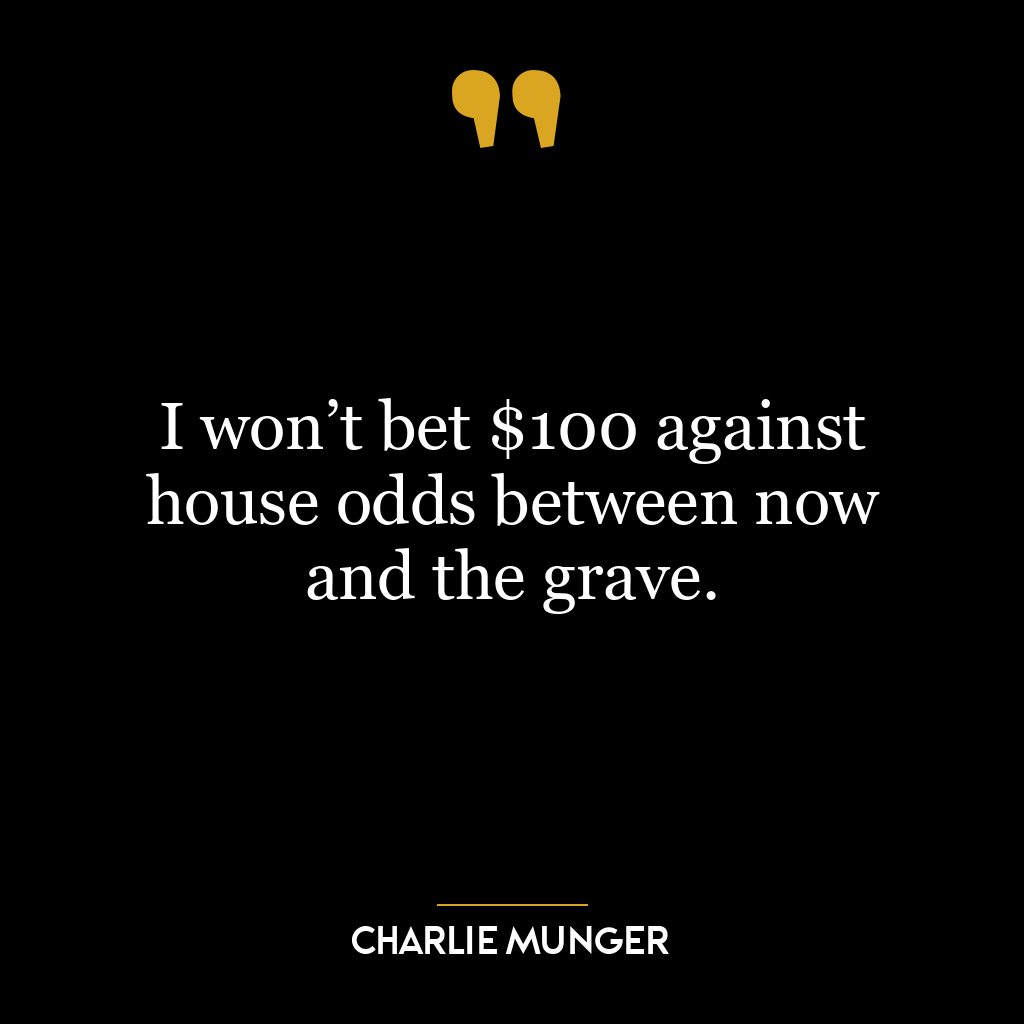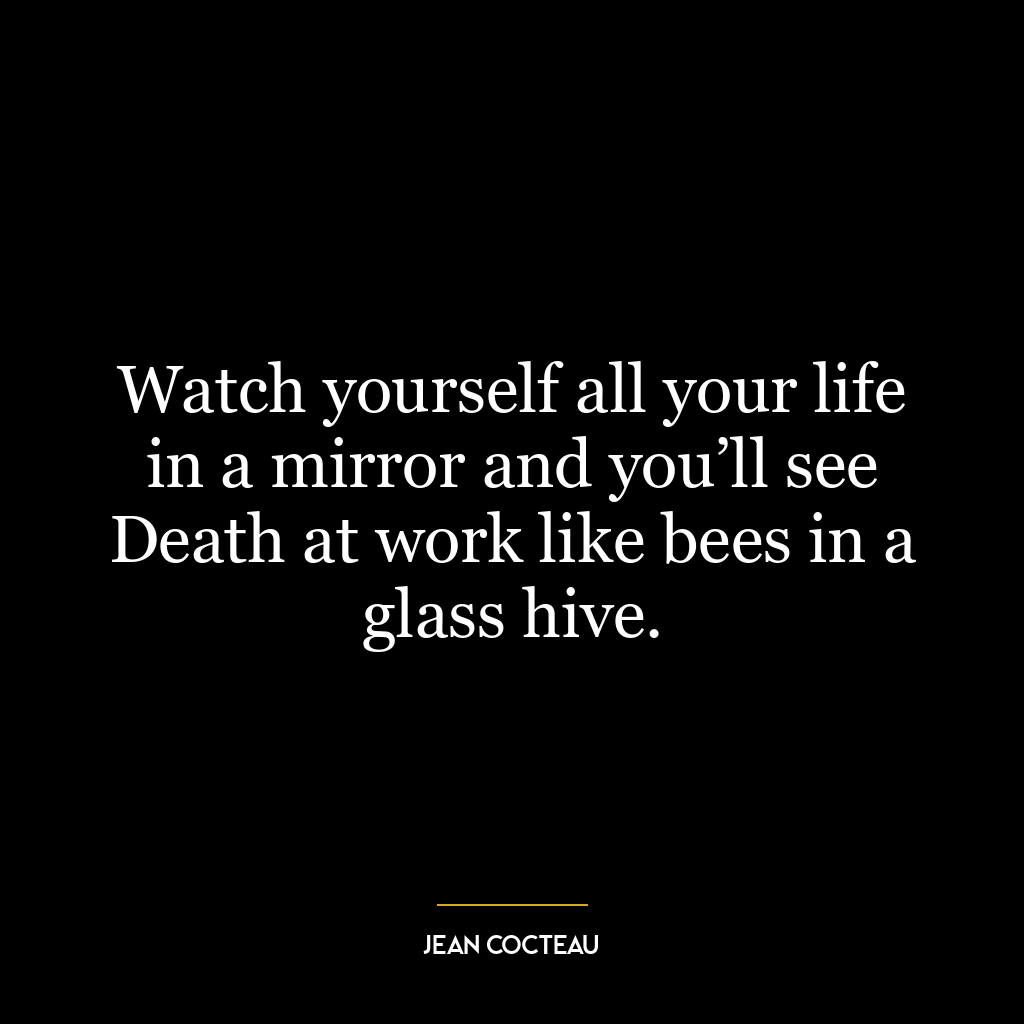We have no choice, we must all die. How we live, however, is entirely of our choosing.
This quote is an exploration of the dichotomy between the inevitability of death and the freedom of life. It acknowledges the universal truth that death is inevitable and beyond our control, yet it contrasts this with the idea that we have complete control over how we live our lives, emphasizing the power of personal choice and agency.
The quote suggests that while we cannot control or avoid the end result, we have full control over the process. In other words, we cannot avoid death, but we can choose how we live. This idea is a powerful reminder of the importance of our daily choices and actions, and how they shape our lives. It underscores the significance of personal responsibility, conscious decision-making, and the pursuit of a meaningful life.
Applying this idea to today’s world, it can serve as a call to action to live intentionally and purposefully. In a world where many things are out of our control, such as global crises, economic downturns, or pandemics, it is empowering to remember that we still have control over our reactions, our attitudes, and our actions. In a society that often promotes a victim mentality, this quote encourages us to take charge of our lives and to make the most out of every moment.
In terms of personal development, this quote can be a powerful motivator. It reminds us that every day is a new opportunity to make choices that align with our values, goals, and aspirations. It encourages us to live proactively, rather than reactively, and to take responsibility for our own happiness and success. It also emphasizes the importance of resilience and adaptability, as we navigate the ups and downs of life.
Overall, the quote is a profound reminder of our mortality, our freedom, and our responsibility to live a life of purpose and meaning. It encourages us to seize the day, to make the most of our time, and to live a life that we can be proud of.








